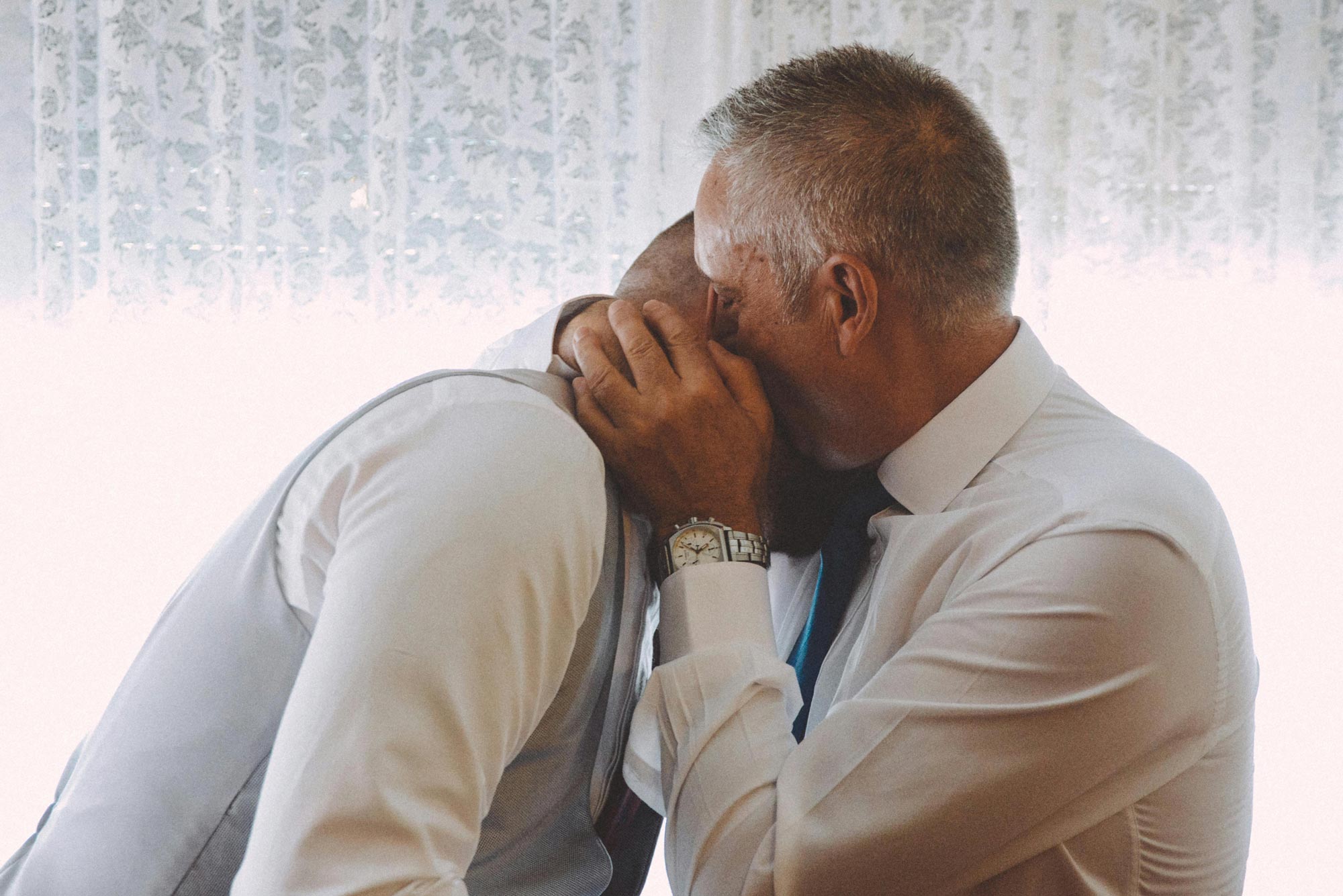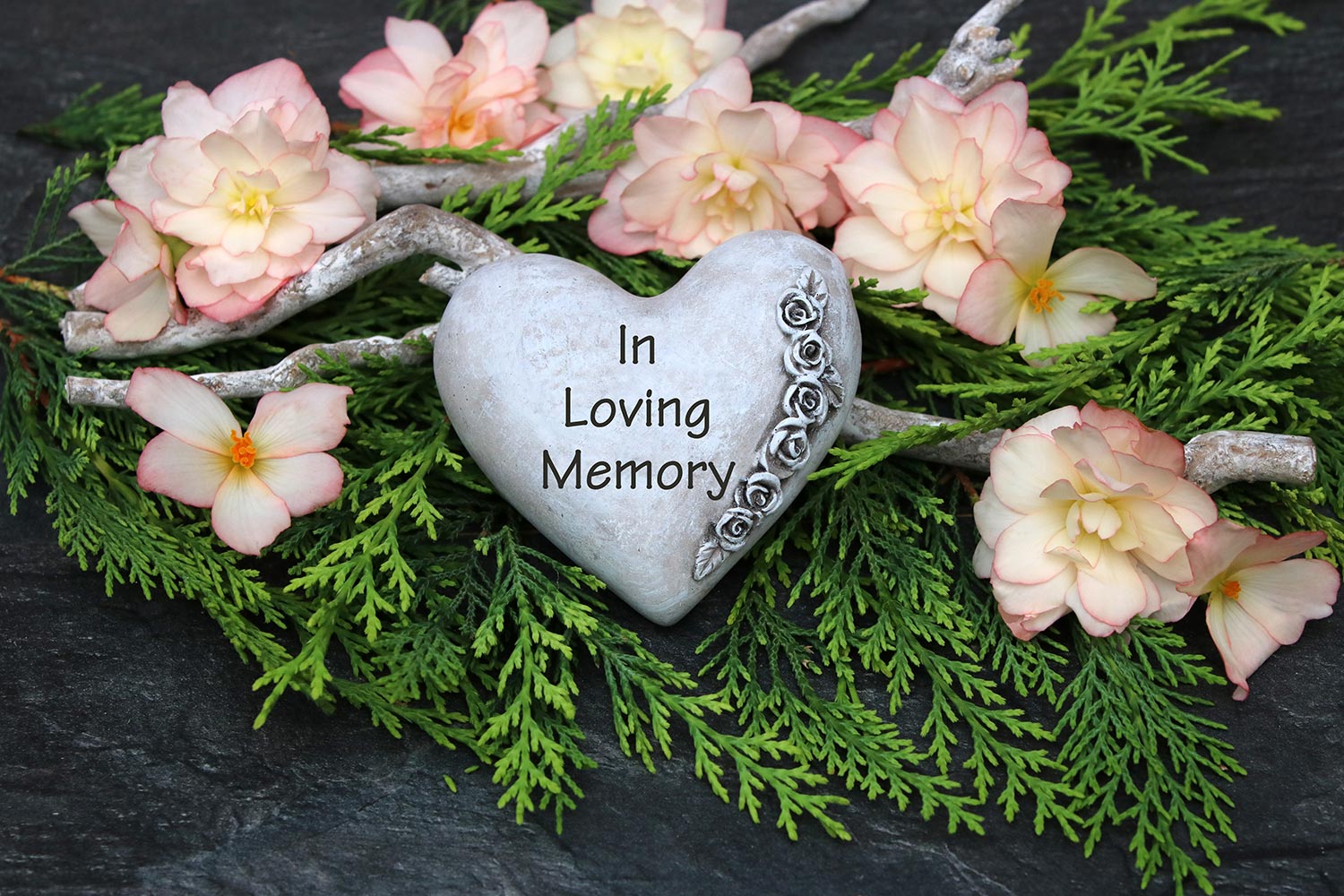What Is a Eulogy? Crafting a Memorable Tribute
Losing a loved one is one of life’s most difficult experiences, and finding the right words to honor them can feel overwhelming. This is where a eulogy can make a difference—a thoughtful, personalized tribute that captures the essence of a person’s life. But what exactly is a eulogy, and why does it hold such a special place in a memorial service?
In this article, we’ll define what a eulogy is, explore its purpose, and discuss how creating a memorable eulogy can help honor and celebrate a loved one’s life.

What Is a Eulogy?
A eulogy is a speech or written tribute that pays homage to someone who has passed away. Traditionally delivered at a funeral or memorial service, a eulogy serves to capture and celebrate the unique qualities, achievements, and memories of the deceased. Eulogies are often delivered by a family member or close friend, though they can also be written by others who knew and admired the individual. The goal of a eulogy is to convey the essence of who that person was and to offer comfort to those mourning their loss.
The Importance of a Memorable Eulogy
A well-crafted eulogy can be an incredibly meaningful part of the grieving process. Not only does it provide an opportunity to reflect on a loved one’s life, but it also fosters a sense of closure and connection for everyone present. The following are some of the reasons why a memorable eulogy is so powerful:
1. Celebrating the Individual's Legacy
Every person leaves behind a unique legacy, shaped by their actions, personality, and relationships. A memorable eulogy highlights these distinctive traits, allowing attendees to remember and celebrate the person for who they were. Through heartfelt anecdotes, personal achievements, and shared memories, a eulogy reminds everyone of the positive impact the individual had on others’ lives.
2. Providing Comfort to the Grieving
Grief is a deeply personal experience, and hearing a eulogy that captures the essence of a loved one can bring comfort to those who are mourning. By acknowledging both the loss and the life that was lived, a eulogy can offer a sense of peace, reminding mourners that they are not alone in their sorrow.
3. Creating Lasting Memories
A well-crafted eulogy doesn’t just fade away after the service ends; it creates lasting memories for those who hear it. It becomes a cherished reminder of the good times and meaningful moments shared with the departed. In the years to come, family and friends may look back on the words spoken in the eulogy as a source of solace and remembrance.
4. Honoring the Life with Love and Respect
Writing and delivering a eulogy is a profound way to honor a loved one’s life. The process of creating the speech encourages the writer to delve deeply into their memories, selecting stories, words, and moments that best represent the individual. This act of remembering and honoring is, in itself, a form of tribute that speaks to the love and respect held for the person who has passed.
Tips for Creating a Memorable Eulogy
Crafting a memorable eulogy takes careful thought and genuine feeling. Here are some tips to help guide the process:
- Focus on Key Moments: Select stories and anecdotes that capture the person’s unique qualities and values.
- Be Authentic: Speak from the heart, using language that feels true to both you and the person being honored.
- Use Humor, When Appropriate: A touch of humor can lighten the tone and help illustrate the personality of the deceased.
- Practice Beforehand: Rehearse the eulogy to feel more comfortable and composed when delivering it at the service.
Conclusion: The Power of a Thoughtful Eulogy
Writing a eulogy can feel daunting, but it is also an opportunity to create a lasting tribute that will be remembered for years to come. By capturing the personality, values, and impact of a loved one, a memorable eulogy becomes a gift for everyone who hears it—a reminder of a life well-lived and a legacy that will endure.










